|
Hey everyone, I hope this month is treating you all well. I don't know about you but I have been wanting to burrow deeper into the sheets and take on some additional rest. Most of the time, I’m trying to convince myself that it’s okay that I still want to burrow. Every time I give in, it is confirmed that it is exactly what I needed before this season jumps off and I’m so grateful that I’ve given in to my intuition to just take rest. As humans, we can busy ourselves, trying to systemize everything…and don’t get me wrong it is important to plan and to know when to plant what and at what time. However, sometimes no matter how much we try to control it, nature comes in and reveals to us who is really in control. Wind storms come in and destroy our caterpillar tunnels, an unexpected frost stunts most of our seedlings or it could be as simple as, we are busy with everyday life and forget to bump up our plants so some of our potential seedlings become rootbound. For the small-scale farmer and gardener who is trying to increase productivity, it seems imperative to rationalize and create a scientific system that optimizes the growing season. However, what would it feel like if we relied on our gut instinct more? If we just observed and learned what works on our land or in our area. Yes, it would be a slower process, one that was based on trial and error but would be something that we could personally speak on because it becomes a lived experience. There are coined terms such as regenerative, permaculture, restorative, etc. that are thrown around and used in our food system, what they are really speaking of is an indigenous way of being that is in tune with the land… with nature! This is not a new phenomenon ~ this is an ancestral remembering. We’re seeing health issues at an all-time high and it is only when a natural disaster takes place that most correlate it to the large-scale ways of interfering and adding artificial inputs that annihilate the microorganisms within the soil and within our gut. We must all awaken our intuition if we are going to see a true transformation in the food system. For more information and relevant topics, follow Ta’rin’ii @lionesswildcrafted. Stay in tune… In service, Ta’rin’ii
0 Comments
This is your community garden co-coordinator, Tarinii. This is a reminder that we have a Seed Starting Workshop this March 9th, from 2-3:30 @ The Grove Street Community Center. I am so thankful to be able to host this workshop and get everyone excited about seeds! It would be great if you could be there as we will be potting up all of our spring seedlings. If you’re not able to attend the workshop, here are some reminders to help you have the most success with your seeds this year!
Stay tuned for monthly topics. I hope this could be of use for home growers, beginning gardeners, farmers and simple lovers of the earth. Join instructor Lauren “LB” Bacchus from Kudzu Culture to learn how to make Kuzu (Kudzu Root Starch) on Saturday January 20th from 2-3:30pm at the George Washington Carver Edible Park. To find out more please contact Ta'rin'ii [email protected]. This class is limited to 25 participants, so sign up today!
Stay tuned for FREE classes on topics including: Seed Starting, Spring Garden Design, Cooking with the Seasons, Planting Chestnut Trees, Edible Plant Walk, and more! Bountiful Cities grew so much in 2023! We grew and shared food, knowledge and community through our FEAST program, Cooking and Gardening Education, Community Garden Support, Mentoring, and Food Policy work. Here is more about our impact in 2023.
FEAST - Over 1000 FEAST students, 700+ FEAST cooking and gardening classes, 100+ hours of volunteer work, 5 school gardens maintained, 48 Garden and Gather workdays, 7 plant sale fundraisers, host for 3 Americorps Project Power members, 9000+ pounds of fresh food distributed. Apprenticeship Program - 9 months of food and farming education for BIPOC apprentices paid a living wage, 13 farms visited, almost 3000 collective hours shadowing, studying food & farming systems with local agrarians, mentors, and leaders in WNC. Community Garden Support - 10 Free workshops with 200+ participants and topics ranging from edible plant identification to tool repair. Seed Libraries and Tool Library maintained and shared, Urban Garden Tour with 9 community gardens supported by the proceeds, 20 community work days hosted at Asheville Edible Parks. 80+ volunteer hours constructing new greenhouse and collaborative growing spaces at Pearson Garden. Events/Collaborations - over 2000 community members participated in our awareness raising events such as the Urban Garden Tour and Tasting, workshops, fundraisers, and demonstrations. Collaboration with over 150 local businesses and organizations to support long term food security. Asheville Buncombe Food Policy Council - 5 community leaders supported to spearhead Neighborhood Emergency Food Preparedness Plans in historically Black legacy neighborhood and public housing community with a total of 14,300+ residents, collaborated with Asheville public housing families to plant 4 gardens, produce a video about its food-security initiatives, and host a neighborhood-wide Earth Day celebration, hosted 8 food policy interns, led Food Waste Solutions WNC in hosting Food Waste Reduction Month events and WNC Food Waste Solutions Summit attended by 140+ people from all over the state. Please support our work so we can continue to put systems in place for abundant fresh food for everyone in this community. Transitioning at the end of the growing season after the first frost can be a rewarding and bittersweet moment for farmers and land stewards alike! Creatures & plants know the telltale signs of the shorter days and colder months ahead; much like we do when predicting the weather forecast or seeing the leaves turn brown after falling. These changes look very different depending on your climate, but for the land it marks a time of migration, taking stock, layering, and resting. For us humans, it becomes a time of reflection and inner workings. As we’ve accomplished our goals of outward service, we often feel a need to come back to ourselves to relish in our accomplishments and make sense of what challenged us this year.
As orchards shift to pruning, farms create season extension with low tunnels, and gardens wrap up their last harvest, we begin to think back on the impact our growth had on the land, in our communities, and within ourselves. For me, as an apprentice working closely with farmers & herbalists in WNC, I can recognize the tremendous growth that came from being in a closer relationship with plants this year. As a result, my ideas around “systems change” expanded to include food justice as a necessary movement toward liberation on land, and my feelings of powerlessness diminished significantly. I began to see a through line between access to garden education and resilience in communities of color. That expanse in my vision for abundance sparked a journey towards starting my own land stewarding project, and I decided about halfway into the apprenticeship that I wanted to be a farmer! The plethora of knowledge and stories shared with me throughout the program gave me hope in the power of collective resistance to the systems that bind us through community care. One of these experiences was with an organization with this exact intention. Located in rural areas with little access to affordable, healthy ingredients and produce, places like Dig In! Yancey County Community Garden provide fresh vegetables & fruit to community members in schools, markets, and by delivery to homebound elders. When we visited and worked closely with Pat Battle and his mentees, an all-women crew, at Dig In my first reaction driving there was the distance between houses and food stores/markets in the area. Community gardens are usually an urban effort to serve food-insecure folks affected by gentrification and homelessness but rural areas experience food apartheid in their own ways. Even when there were stores with access to food, most of them were gas stations, dollar stores, and overpriced chain grocery stores. Once we sat down with the crew, the farm manager and Pat explained that oftentimes school was the only time kids could eat and that many families (with access to transportation) drove over 30 miles to get their groceries. Dig In has worked to provide access to fresh produce for families in the area for 13 years, and the work I witnessed being done is incredible! They not only provide free produce to fight food insecurity but they also host future farmers and teach agriculture interns from WWC through multiple growing seasons in the garden. Passing on ecological knowledge and teaching land practices to younger generations is essential in sustaining ourselves now and in the future. Being included in this year's cohort gave me a new lens to see that my growth and work in food & farming will directly impact the resiliency of the broader food network in WNC. Every garden, farmer, and herbalist we encountered gave us a glimpse into how each piece of the food justice puzzle adds up to make the network that much stronger. I left feeling empowered that however I decided to make a difference in the food world, my contributions would add to existing community efforts, and I would never be alone in this work for food sovereignty. This is just one of the many reflections I’ve had since the end of my apprenticeship and the beginning of my work with FEAST; I see clearer now the connection between garden education, honorable land practices, and the potential for communities to thrive. Accessibility is everything when building sustainable food systems. For those of us with an affinity for warmer weather, it can be daunting when we start dusting off our coats and gloves this winter, but even the farmers must rest and refill their cups for next year's season. The circle of life continues even as the land lies dormant, and the nutrients and warmth of our outward and inner harvest serve to see us through even the coldest of winter nights. The work we do, the stories we share, and the memories we’ve made directly benefit the strength of our community, and much like the health of our soil, bounce back with renewed vitality in the Spring. Let us rest in gratefulness for the connections we’ve made and the growth we’ve witnessed this year, and remember that our inner gardens need tending too! FEAST style Panzanella Salad In Bountiful Cities FEAST cooking classes with kids we start with a framework of a recipe, then use what we have on hand and make substitutions. We try to teach them how to be creative when cooking with the ultimate goal of reducing food waste and eating delicious fresh food. A traditional Panzanella salad is made with torn bread, tomatoes, basil, parmesan cheese and cannellini beans. Use this recipe as a framework and use some of the substitutions suggested below or make up your own! Ingredients 6-8 cups torn bread (older bread is ideal for this) 1 cup finely chopped cheese (parmesan is traditional but any kind of cheese works) 2-3 cups chopped tomatoes (substitute roasted peppers, roasted carrots, roasted eggplant, cucumbers or squash) 2 cups fresh spinach leaves ( substitute any leafy green) 1 cup fresh basil leaves (substitute ¼ cup oregano, thyme, cilantro, or chopped rosemary) 1 ½ cups cannellini beans (substitute any kind of bean or field pea) ¼ cup chopped olives, or onions (optional) Italian style salad dressing or pesto dressing to taste Pesto Salad Dressing ¼ cup prepared pesto ¼ cup cider vinegar ⅓ cup extra virgin olive oil ¼ teaspoon salt Combine all salad ingredients in a large bowl. If making your own pesto dressing combine salad dressing ingredients in a jar and shake well. Drizzle about ½ cup dressing on salad and toss well. Taste and add more dressing if desired. Want more food waste solutions?Join WNC Food Waste Solutions and Register today for the Summit happening November 9th 8:30am-4:30pm at the AB Tech Conference Center. Registration is on a sliding scale, and everyone is welcome! Lunch and Snacks featuring delicious food made by local chefs (using produce and food that might otherwise have been wasted!) will be provided as part of registration. The four presentation focus areas include Public Policy's Role in Solutions; Food Waste and Climate Change; Food Access and Equity; and Business and Funding Opportunities. Click here to learn more about the event.
Thursday November 2nd 5-8pm
Join Mosaic Realty and Bountiful Cities for an evening of delicious local food, beverages and a silent auction fundraiser at Haiku event space in Biltmore Village. This event is FREE to attend and we invite you to bring an item from our WISH LIST as a contribution. All proceeds from the event will Benefit Bountiful Cities Programs. RSVP to attend! Fermentation Class and Tasting benefitting Bountiful Cities!Thursday September 14th 5:30-7:30 at the Pearson Garden Join Meg Chamberlin founder of Fermenti for a demonstration and hands on class designed to introduce you to the basic principles of fermentation for the home, hobby farmer/gardener, and foodie alike! Participants will be provided with a kit and supplies to start a basic vegetable ferment that will be completed at home. Meg will cover everything from salt curing fruits, honey ferments, basic fermentation principals, and creative recipe ideas, plus problem-solving techniques, and planning your garden with intention to ferment will all be discussed. The two basic types of vegetable fermentation, self-brining like sauerkraut and kimchi as well as, brined vegetables like pickles will be covered. You will walk away with a jar and knowledge to keep the process going. You will also have ferment recipe ideas, culinary applications of fermented foods, and a secure understanding of how fermentation will cut your food waste, reduce food budget, and increase your nutritional value. We will provide light snacks including ferments to taste. Space is limited - register today! For more info about Fermenti visit their website: https://fermenti.biz/ Free Edible Plant Walk September 22nd 4:30-6pm
Marc Williams will lead our next FREE Community Garden Network Workshop. He will help participants identify wild and cultivated edible (and non edible!) plants throughout the park. Refreshments will be provided. Register for Edible Plant Walk This workshop presented in collaboration with the City of Asheville |
Archives
March 2024
Categories |

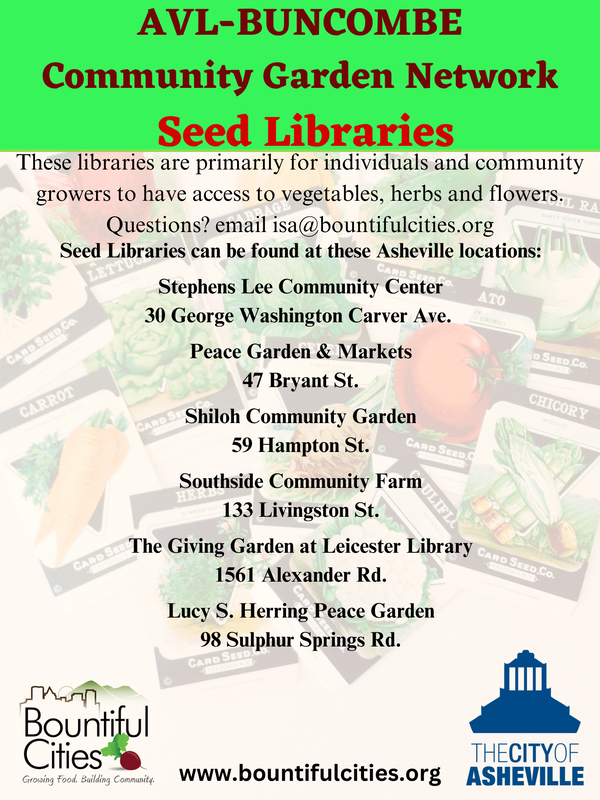
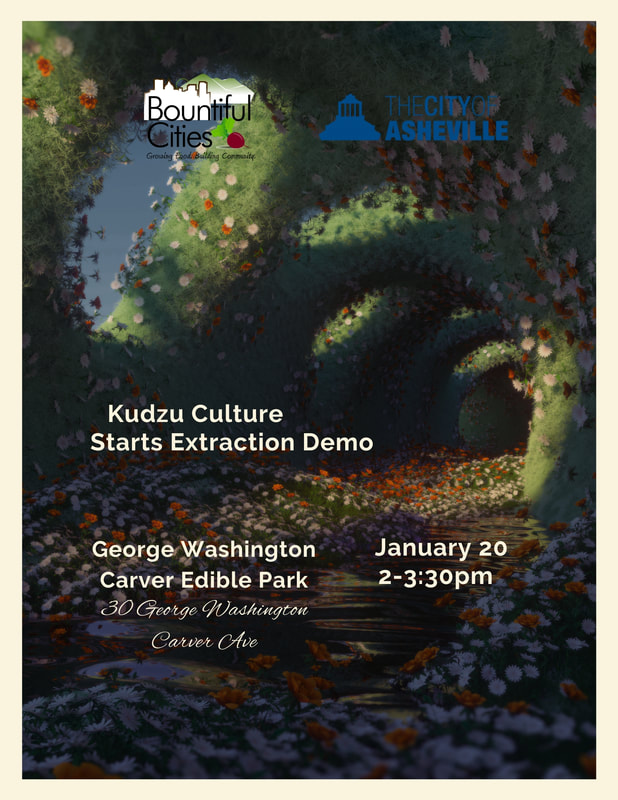
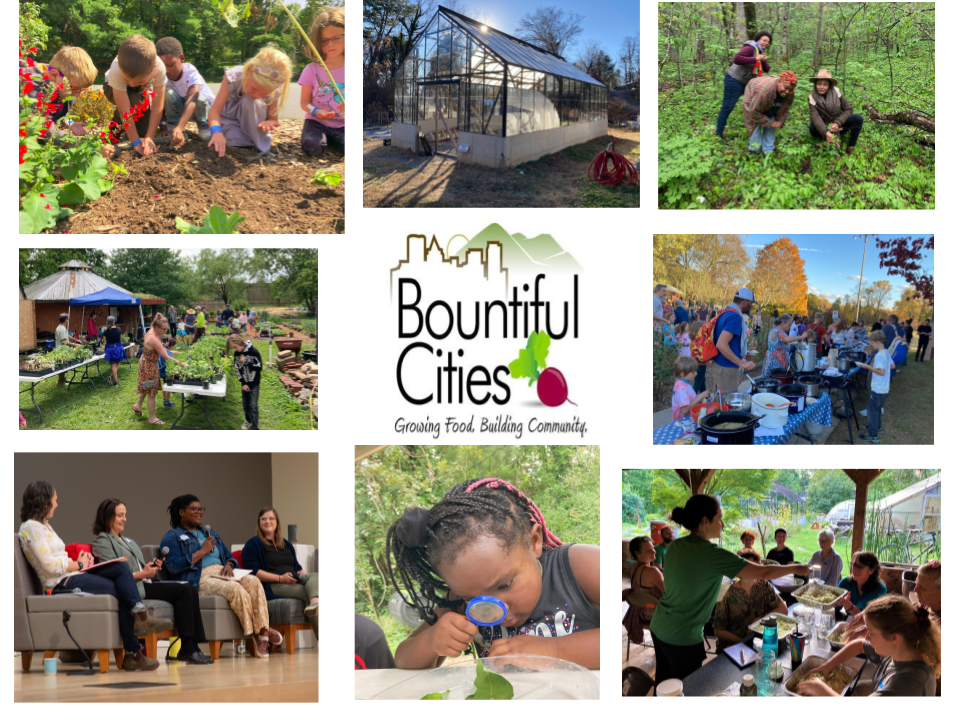
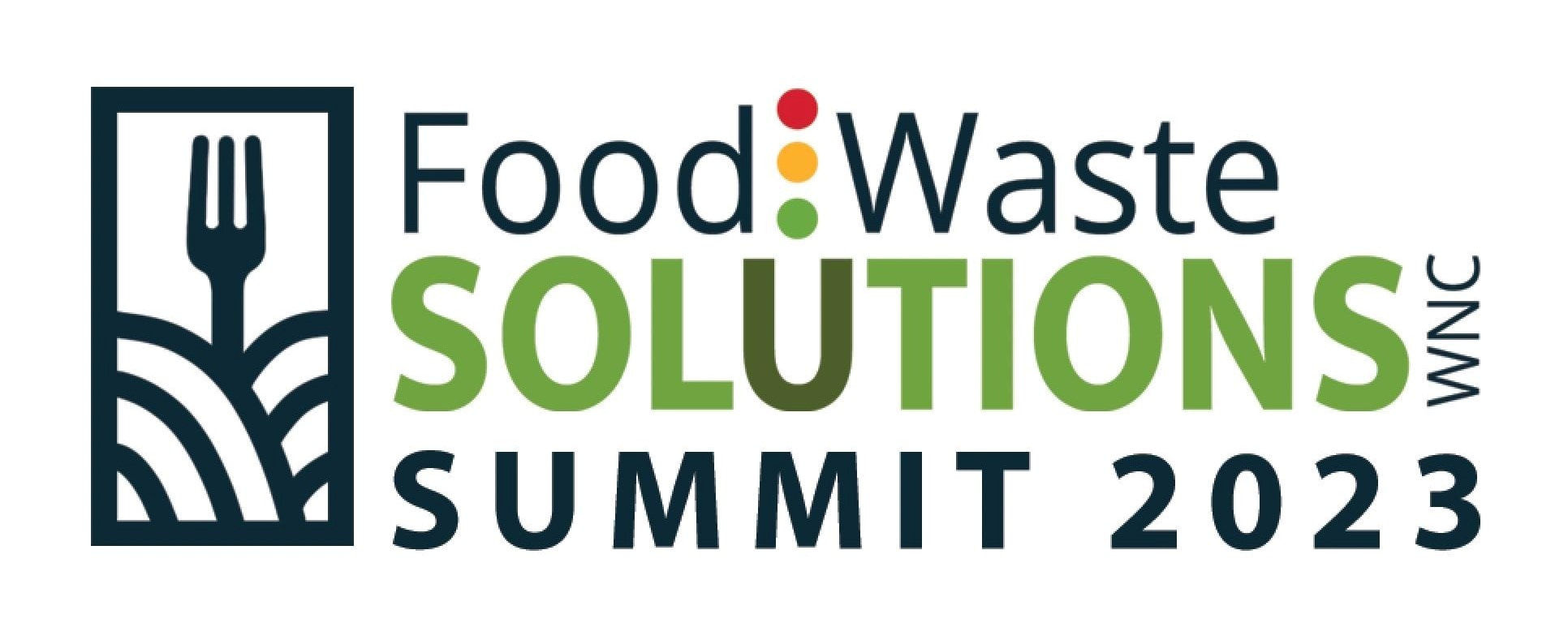
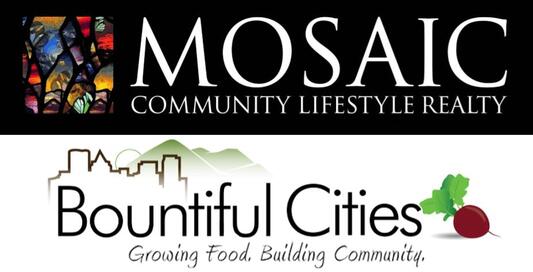
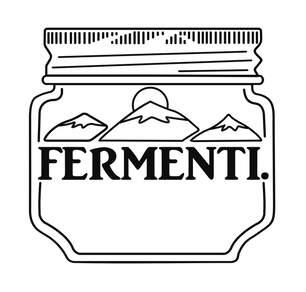
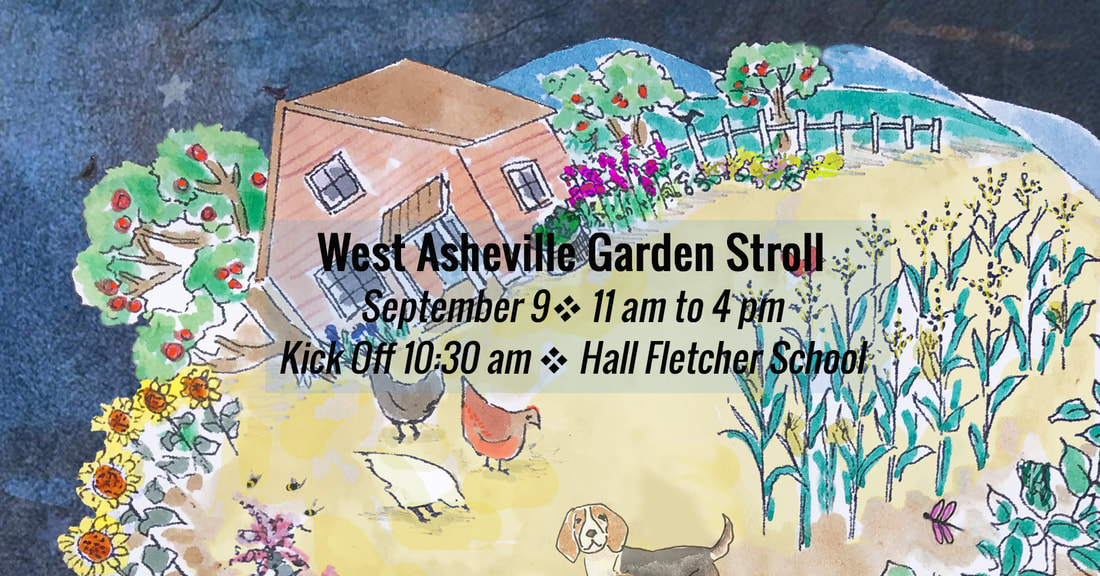
 RSS Feed
RSS Feed
